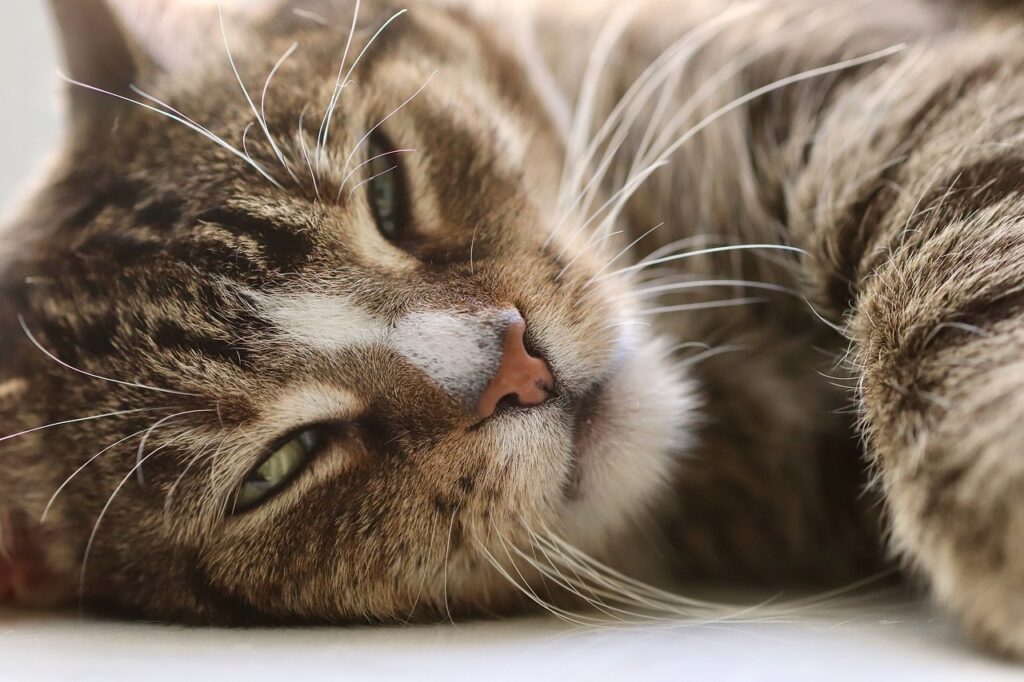Can Cats Eat Moths? – No, They Can’t
Cats are known for their curious nature and hunting instincts, often chasing insects like moths. However, despite this common behavior, moths aren’t suitable as a feline snack. While it might seem harmless, there are hidden concerns when it comes to your furry friend feasting on these fluttering insects.
Is It Safe for Kittens to Consume Moths?
Kittens are even more curious and may find moths an intriguing plaything, which can lead to consumption. It’s especially important to discourage this behavior in kittens, as their developing systems are particularly sensitive, and adverse reactions to unconventional food items like moths can be more severe.
Risks Associated with Feeding Moths to Kittens
While an adult cat may occasionally eat a moth without immediate issues, kittens are at risk. The primary concern is the potential for parasites and pesticides that moths might carry. These can cause digestive issues or more serious health concerns. Additionally, the indigestible parts of the moth, such as the wings, can pose a choking hazard or cause gastrointestinal blockages in kittens.
Why Moths are Not Recommended for Cats
Potential for Toxins and Pesticides
Moths, being wild insects, may have been in contact with an array of toxins or pesticides. These substances, even in trace amounts, can be harmful to cats if ingested and can lead to symptoms of poisoning.
Possibility of Parasites
Moths can be hosts to internal parasites that could be transferred to your cat upon ingestion. Parasitic infections can go unnoticed at first but may lead to serious health issues over time.
Risk of Gastrointestinal Blockages
The indigestible parts of moths, such as their wings and exoskeleton, can accumulate in the digestive tract of cats, potentially causing blockages. This can lead to constipation, vomiting, and in severe cases, may require surgical intervention.
Known Health Issues in Cats from Consuming Moths
While it’s not common, it’s possible for cats to develop health issues from eating moths. These issues may range from mild gastrointestinal upset, characterized by vomiting or diarrhea, to more severe conditions, such as blockages or parasites that require veterinary attention.
What to Do If a Cat Has Consumed Moths?
- Monitor Your Cat: Observe your cat for any signs of distress or abnormal behavior, which might indicate ill effects from the moth.
- Limited Access: Prevent further ingestion by keeping your cat indoors during peak moth activity, especially at dusk or night.
- Consult a Veterinarian: If you notice any health concerns following your cat’s moth-chasing activities, consult a vet promptly for professional advice and intervention if necessary.
Safe Alternatives to Moths for Cats
Rather than allowing your cat to develop a taste for moths, consider safer alternatives to satisfy their hunting instincts. Interactive toys that mimic the movement of insects can offer the same stimulation without the risks. Nutritious feline treats approved by veterinarians can also encourage healthy snacking.
Conclusion
In conclusion, while your cat may be naturally inclined to chase and eat moths, it’s best to steer them away from these insects as food. Not only can moths carry risks like toxins, parasites, and digestive blockages, but there are safer ways to enrich your cat’s life and diet. Remember, the wellbeing and safety of your beloved feline should always take flight over their fleeting fancy for moths.



